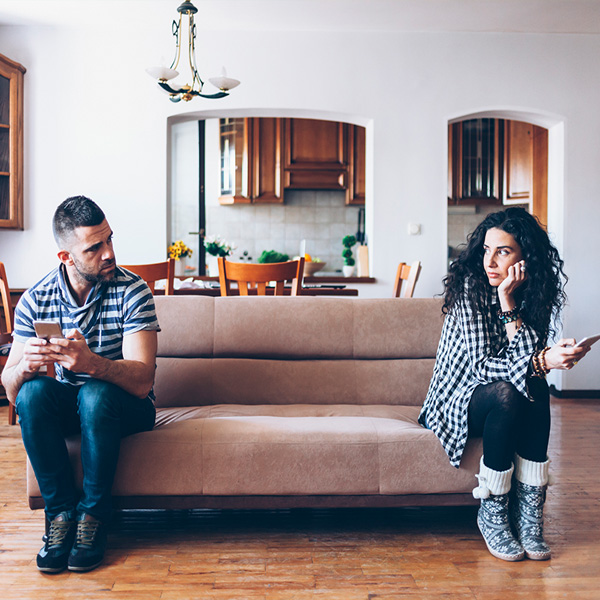The terms relationship counselling, couples counselling, and couples therapy are often used interchangeably, and usually means the same thing – seeking help for your relationship. Making the choice to seek couples counselling may be a hard step to take, as it may mean that you are acknowledging that there is something wrong within your relationship and that things are not working out as perfectly as you would have envisioned.
Oftentimes, there may also be stigma against going to couples therapy, such as “going to couples therapy means that we’re not strong enough to work through our own problems, and this means our relationship is doomed”, or believing the myth that relationships need no-effort and “if love takes work, then it wasn’t meant to be”. This makes it feel even more daunting to embark on couples counselling as you may be unsure of how to proceed, and whether therapy will help with the specific problems that you are experiencing in your relationship.
In our relationship and couples counselling work together, we will further try to build and improve communication skills between you and your partner, strengthen your emotional connection through building empathy and respect, and gain insight into the couple dynamic and patterns of interaction which play out in your relationship.
How do I know when to seek relationship and couples counselling?
Below I have outlined a few indications of when to seek couples counselling:


